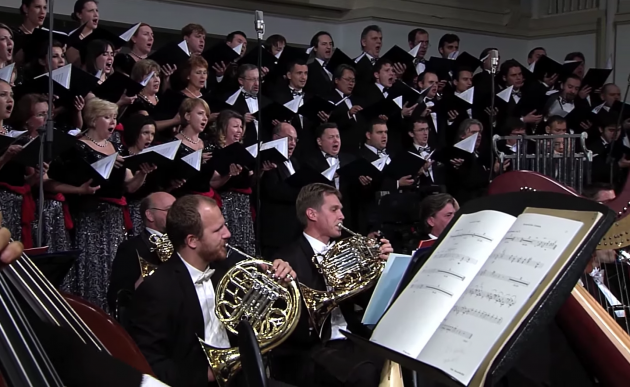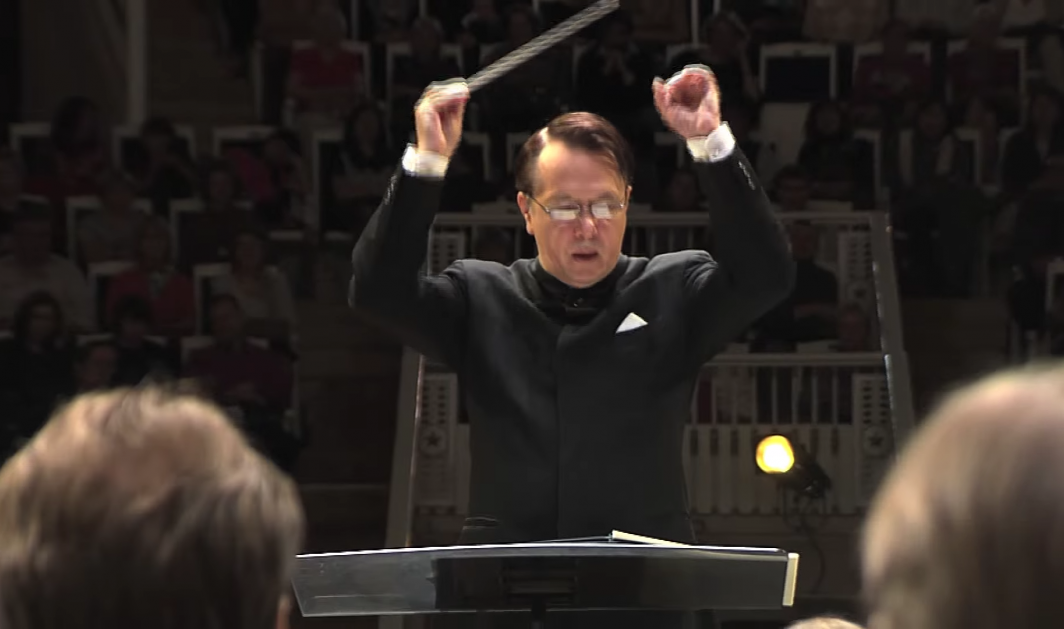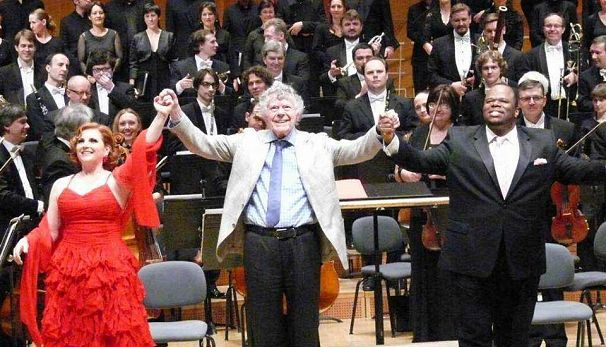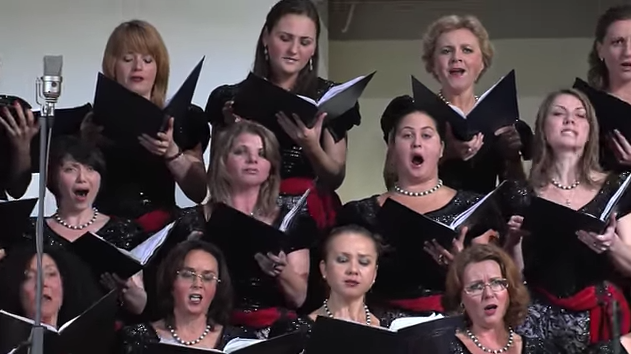“What is most important is that Gordon Getty has produced one of the most dramatic, exciting and tautly constructed tone poems it has been my pleasure to hear for a long time. The forces are large as befits the subject and the listener is gathered up and swept into the turmoil of Joan’s final trial and execution…”
Musical Opinion (London)
SYNOPSIS
1429 was the 92nd year of the Hundred Years’ War. Three generations of French had been bloodied in the disasters of Crecy, Poitiers and Agincourt. In the spring of that year an illiterate peasant girl told first the Governor of her region, and then the Dauphin, that she had been chosen by God to drive the English back to their shores. She was given a few soldiers and sent to join the defense of Orleans. She led the French army to victory. Later in that year she broke the English strongholds along the Loire, and led the Dauphin through Burgundian territory to his coronation at Rheims.
Soon she had proved too warlike and independent for the new king’s comfort. In 1430 she attacked Burgundian Paris, without result, after he had declared a truce. When she was captured in battle a few months later he did not ransom her, although he could have done so easily under the customs of the time. She was sold to the Duke of Burgundy, and tried by the Church for heresy and witchcraft at Rouen in 1431. Pierre Cauchon, the Bishop of Beauvais, led the prosecution. She renounced her visions under a promise that her life would be spared, and recanted on learning that the terms included life imprisonment on bread and water. She was now trapped as a relapsed heretic, and was burned at the stake. She was about nineteen years old.
- For soloists, SATB chorus, and orchestra
- Duration: 17:00
- Libretto by Gordon Getty based on the legend of Joan of Arc
Roles: Joan (soprano), Cauchon (baritone), SATB chorus
Orchestration: piccolo, flutes, oboes, English horn, clarinets, bass clarinet, bassoons, contrabassoon, horns, trumpets, trombones, tuba, timpani, percussion, harp, celesta, strings
(Piano reduction available)
Perusal score and text available upon request
Stream the cantata on the album: Joan and the Bells
COMPOSER’S NOTES
Myth can add little to such a history. Like other writers, even so, I have cast Joan’s story in a myth to suit my telling. Joan and the Bells keeps to some facts and makes up others. Thus Domremy is given a Lourdes-like setting for picturesqueness alone. It is true meanwhile that church bells brought Joan’s visions and voices, but not that any were silenced at her trial.
There is also no reason to suppose that Cauchon was compassionate in the end. He is made so here to mitigate Church-bashing, to give the benefit of the doubt to little-known historical figures, and to keep the focus on Joan. Her story needs no villains. It is the hero, not the saint, who is measured by the size of the dragon slain. The saint is measured by the promise kept, by the beauty of the vision, and by the straightness of the path.
Schiller and Mark Twain, and Verdi and Tchaikovsky, made Joan wise beyond her years. Indeed she was. The record of her trial, which was meticulous by the fine-printing standards of the time, shows a defendant of acumen and poise. People grew up fast in her age of war and freebooters and the Black Death. It was the genius of Shaw that inverted this safe literary tradition and brought out the spunky teenager in Joan. Jean Anouilh went farther, in The Lark, and gave her the simplicity of preadolescence. Joan and the Bells owes much to these masters, particularly Anouilh, and takes the same poetic license. It is a tale of a child’s faith in an age without childhood, of a valor undeflected, and of the redemption these qualities commend.
Reviews
Explore reviews for Joan and the Bells
“… dramatically assured, structurally sound, and likeble without being obvious ... eminently recommendable.”
Joshua Rosenblum
Opera News, 2003

“...a rising dramatic tension, a brilliant sonic resolution and a genuine emotional impact...Soprano Lisa Delan sings beautifully and with absorbing drama.”
Paul Shoemaker
Music Web International, July 2003
Gallery



